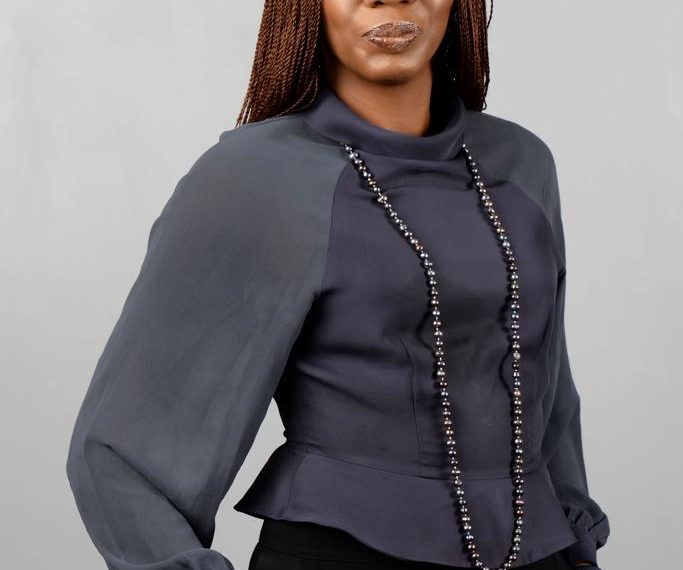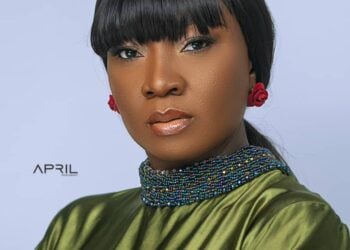Ramadan Etiquette
– Aisha Atta IG @ataishas @swanelite
Ramadan Mubarak to all our Muslim readers!
Ramadan is the Islamic holy month when the faithful observe a month-long fast. It is the month when the Prophet Mohammad received the Qur’an. It is therefore a month observed with family in piety, fasting, communal prayer and reflection for most Muslims. It usually falls on the ninth month of the Islamic calendar and begins and ends with the appearance of the crescent moon.
The dates may vary from country to country.
Muslim faithful fast from sunrise until sunset; this spiritual activity goes on for the entire month.
If you live in Northern Nigeria or a predominantly Muslim community, you may be aware that Ramadan started on the 2nd of April this year. We thought to give a few etiquette tips that will help navigate this period.
i. Greeting and Phrases
It is polite to greet Muslims “Ramadan Mubarak” or “Ramadan Kareem” which translates to “Ramadan blessings to you.”
Some more phrases you will hear more often during Ramadan include:
Iftar – the meal eaten by Muslims at sunset during Ramadan.
Sahur – the pre-fasting meal before sunrise.
Maghrib Prayer – the fourth prayers of the day at sunset.
Taraweeh – Long prayers performed after Isha (the fifth/night prayer) during Ramadan
*Eid el-Fitr – The feast or festival celebrating the end of Ramadan (also referred to as small Eid).
ii.Eating and Drinking
Eating and drinking in front of your fasting colleagues or in public should be done with consideration to those around you. In Nigeria, it is considered rude not to invite people to partake of your meal when you are eating. Ramadan however can be an exception to the rule.
Individuals and businesses should be mindful of drinking and serving alcohol especially if they live within a Muslim community or predominantly Muslim state or country during Ramadan.
iii.Gifts Giving and Invitations
Gifts like dates, fruits, crates of water, tea boxes, and hampers will be well received by your Muslim friends. In Nigeria however people will receive any form of food items. It’s the thought that counts
Whilst it’s a good gesture to invite your Muslim friend to come to break their fast at your home, please ask them what sort of foods they can eat. Most people break with dates and fruits, then a light starter and main meal. Also, be mindful that some people may not consume a lot at Iftar; some wait until after Taraweeh prayers to eat the heavier meal. If that’s the case, don’t get offended, rather suggest take-away packs for your guests.
You may also need to make provision for them to say their Maghrib prayers if you invite them to break their fast at your home. (Note that for a devout Muslim, the five daily prayers is compulsory and must be said within a short time window.
Finally as your guests break their fast you can say “Iftar Kareem” (Arabic), “Barka da shan ruwa” (Hausa), or “Eku ongbe” (Yoruba). This is an acknowledgement greeting for their fast.
iv. Working Hours, Appointments and Meetings
Be mindful that energies may run low towards the late afternoon. It is generally more productive to schedule meetings and appointments in the mornings when people are at their peak. Be careful also about scheduling lunch meetings if your clients are Muslims as they may not be able to eat and that will defeat the whole purpose.
If you are an employer in a physically demanding job, you may want to consider allowing your workers to start earlier to maximise their output, and maybe consider a gesture of providing water and light fruits to break their fast if they work into sunset hours.
Finally, note that the fast breaks at sunset. In Nigeria that could range from 6:30 pm -7:00 pm. Be mindful that prayers will be said and people will be breaking their fast. So please be sensitive about scheduling meetings, visiting or making calls to Muslims around that time.
v. Dressing
If you are visiting an Islamic community, state, or even on a zoom call to an Islamic country, i.e. the Middle East, please remember to be courteous and dress modestly to honour the people, especially during the Ramadan season. Ladies should dress modestly, cover up and not wear tight, short or revealing clothing out of respect to the people.
vi.Conversations
Avoid inflammatory topics and arguments. Stay away from taboo subjects or jokes with sexual undertones, etc.
Consideration and respect go both ways. As a Muslim, be also mindful of your non-Muslim neighbours. Try not to be cranky, grumpy and drawn into unnecessary arguments. This is a time to show kindness and consideration. This is the foundation of good etiquette.
vii. Finally, as a community, (the whole Nigerian community, I might add) try to keep the decibel of loudspeakers, radios, etc, at respectable levels especially early in the morning and late at night. This way we use this opportunity to demonstrate compassion and kindness, maintain mutual respect, and build stronger relationships.
Again we wish our readers a blessed Ramadan and may you all be granted the blessings of the month.






